Table of Contents
Explore the pioneering move by JAC Motors, backed by Volkswagen, as it prepares to launch the first mass-produced electric vehicle (EV) featuring a Sodium-Ion Battery under its new Yiwei brand. Despite the lower density of sodium-ion technology compared to lithium-ion, its cost-effectiveness, abundant supply, and superior cold-weather performance could drive widespread EV adoption.
Yiwei Brand Emerges in 2023: A Joint Venture Oddity:

Delve into the unique dynamics of the automotive industry, where JAC introduces the Yiwei brand in 2023. Uncover the intricate ownership structure with Volkswagen holding a 75 percent stake in JAC, managing control, and owning 50 percent of JAC’s parent company, Anhui Jianghuai Automobile Group Holdings (JAG). This collaboration with the Chinese government adds a distinctive dimension to the partnership.
Yiwei EV: Unmasking the Rebranded Sehol E10X Hatchback:
Examine the Yiwei EV, seemingly a rebranded version of the Sehol E10X hatchback. Details from CarNewsChina shed light on the specifications, range, energy density, and charging capabilities. Learn about JAC’s decision to drop the Sehol label, opting for a unified JAC or Yiwei branding, leading to the recent EV reveal with the Yiwei-branded model.
An Earlier Glimpse and the Promise of Sodium-Ion Variant:
Discover JAC’s earlier venture into electric vehicles with the Yiwei 3 showcased at the Shanghai Auto Show. Launched in June with an LFP lithium battery, the promise of a sodium-ion variant adds intrigue to the brand’s electric vehicle lineup.

Technical Insights into Yiwei EV’s Sodium-Ion Technology:
Gain a deeper understanding of the sodium-ion technology utilized in the new Yiwei EV. Explore the technical details, including the working principle, electrolyte variations, and the unique assembly structure with cylindrical sodium-ion cells from HiNA Battery.
Sodium-Ion Batteries: A Comprehensive Dive:
For those eager to explore the world of sodium-ion batteries, this section provides an in-depth look at their technical nuances. Learn about the working principles, electrolyte considerations, and the ongoing research and development efforts focused on improving electrode materials, energy density, and charging speeds.
Advantages and Challenges of Sodium-Ion Batteries:
Uncover the potential advantages of sodium-ion batteries, such as lower costs, sustainability, enhanced cold-weather performance, and reduced reliance on geographically concentrated lithium resources. Simultaneously, acknowledge the existing challenges, including lower energy density, slower charging times, and a shorter cycle life.
Research and Development Landscape in Sodium-Ion Batteries
The field of sodium-ion battery (SIB) research is rapidly evolving, with several major players making strides in improving energy storage technologies. Notable companies like Faradion, HiNA Battery, CATL, and Samsung SDI are leading the charge in advancing sodium-ion technology. These companies are focusing on overcoming the limitations of sodium-ion batteries, such as their lower energy density compared to lithium-ion batteries, through innovations in electrode materials, electrolytes, and cell design.
Faradion has been one of the pioneering forces in the development of sodium-ion technology, concentrating on optimizing electrode materials that can enhance energy density and improve cycle life. Their work on novel cathode materials, such as sodium manganese oxide, is showing promising results for higher performance batteries.
HiNA Battery, another significant player, has focused on electrolytes and cell architecture to maximize charging speed and improve energy retention. Their advancements in solid-state electrolytes aim to increase the safety and efficiency of sodium-ion batteries, making them more practical for commercial use.
CATL, a giant in the battery industry, is investing heavily in sodium-ion technology alongside its lithium-ion portfolio. Their efforts are particularly focused on scaling up production capabilities while improving the battery’s thermal stability and performance in high-demand applications, such as industrial vehicles.
Meanwhile, Samsung SDI is actively exploring sodium-ion as a viable alternative to lithium-ion in low-cost EVs and grid storage systems. By tweaking cell designs and using abundant sodium resources, they hope to bring down production costs and deliver batteries that are more eco-friendly and accessible for global markets.
Future Prospects of Sodium-Ion Batteries
While sodium-ion batteries may not completely replace lithium-ion batteries in all sectors, they offer considerable potential in specific applications, particularly in regions where cost-effectiveness, sustainability, and abundant resources are more critical.
Grid Storage: Sodium-ion batteries show great promise for large-scale energy storage solutions, where weight and space constraints are less of a concern. Sodium’s abundance and lower cost make it an attractive choice for grid applications, particularly in renewable energy storage where quick, efficient charging and long-term durability are paramount.
Industrial Vehicles: In sectors like logistics, construction, and mining, where vehicles are often subject to harsh environments and high power demands, sodium-ion batteries offer a potential solution. Their ability to perform in extreme temperatures and cost advantages could make them a preferred choice for industrial vehicle fleets.
Low-Cost EVs: While high-performance electric vehicles (EVs) may continue to rely on lithium-ion batteries for the foreseeable future, sodium-ion batteries present an appealing alternative for budget-friendly electric cars. Their lower cost and safety benefits, especially in lower-temperature environments, make them an ideal candidate for mass-market EVs in certain regions.
A Bright Future for Sodium-Ion Technology
Sodium-ion batteries are poised to revolutionize the energy storage landscape by offering a sustainable, affordable, and cold-weather-friendly alternative to lithium-ion technology. While challenges like lower energy density and shorter cycle life remain, the pace of research and development is accelerating, with breakthroughs in materials science and cell design continuously improving their viability.
The rapid progress made by companies like Faradion, HiNA Battery, CATL, and Samsung SDI signals a promising future for sodium-ion technology. As their performance and cost-effectiveness continue to improve, sodium-ion batteries are likely to become an increasingly important component of the global transition to cleaner, more sustainable energy solutions.
In the coming years, sodium-ion batteries could redefine how we think about energy storage, making it more accessible and less reliant on scarce resources. The future looks bright for this transformative technology, as it addresses critical sustainability goals while providing a compelling alternative to the lithium-ion dominance in both transportation and energy sectors.
Related Posts





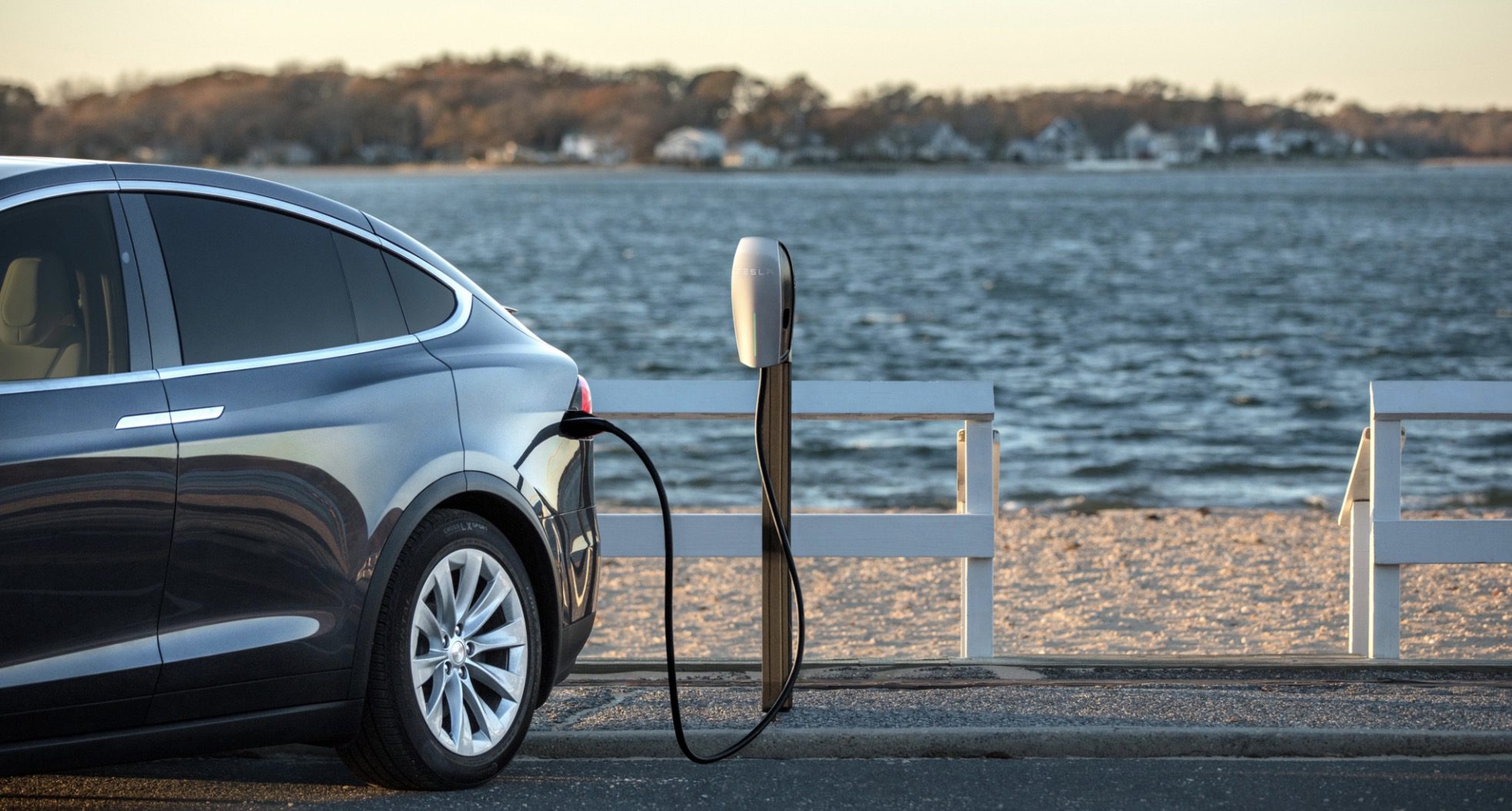
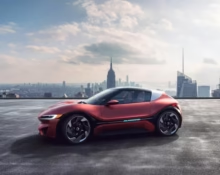
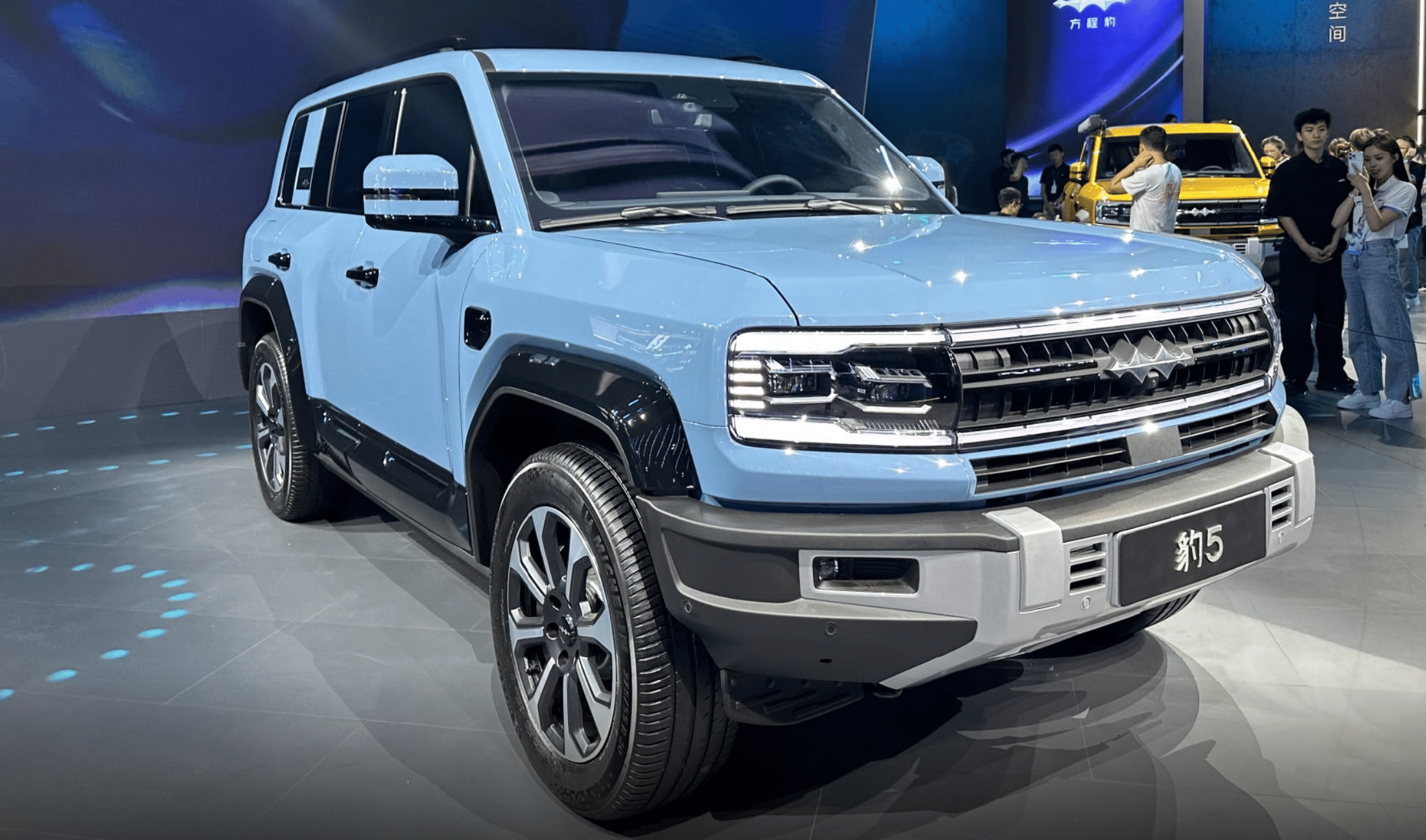
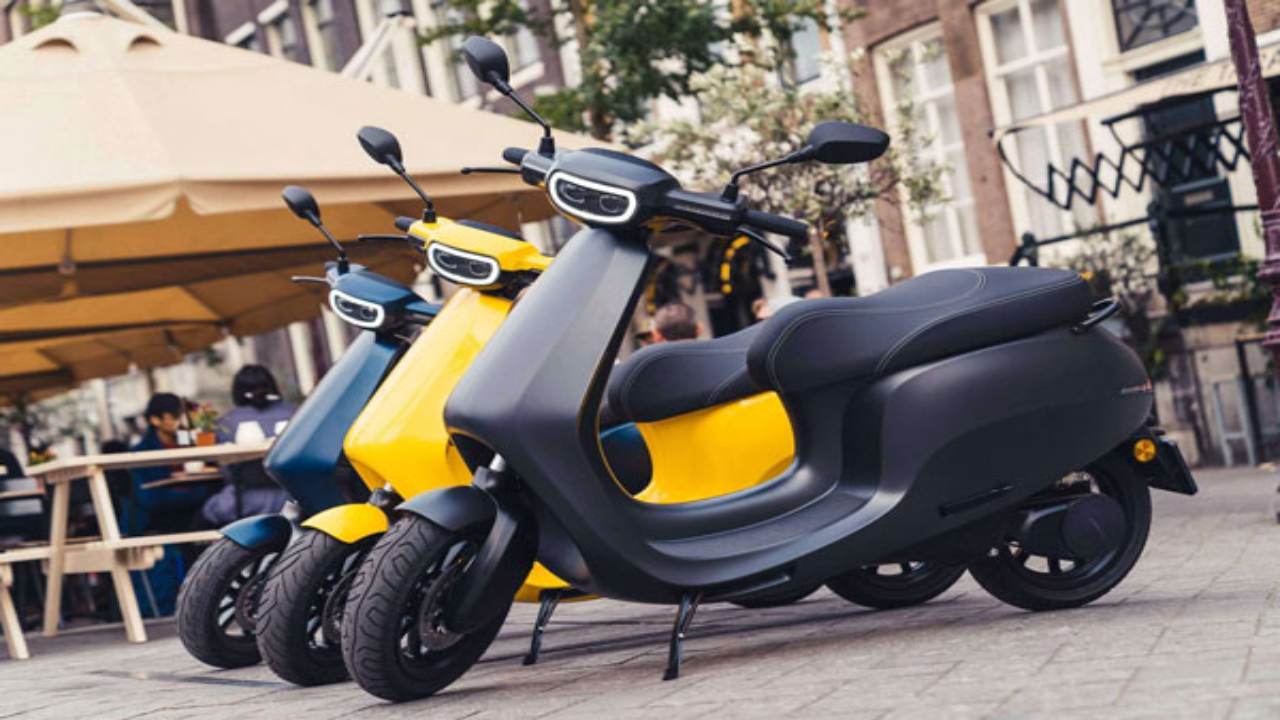

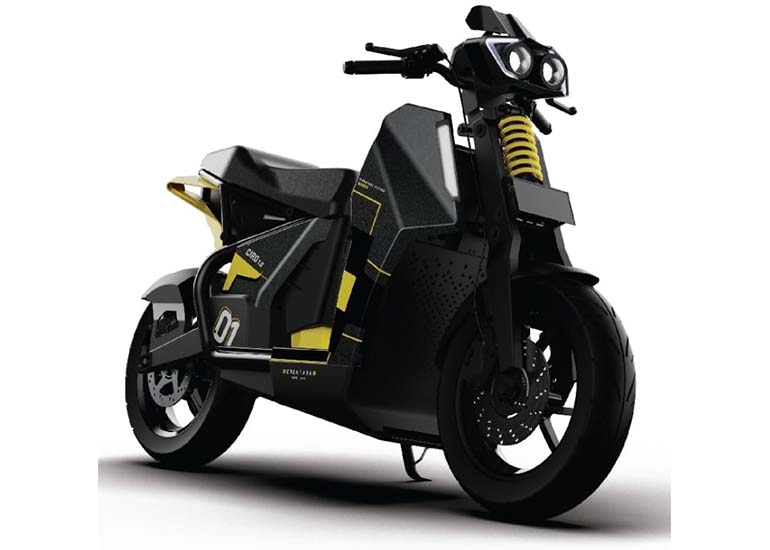


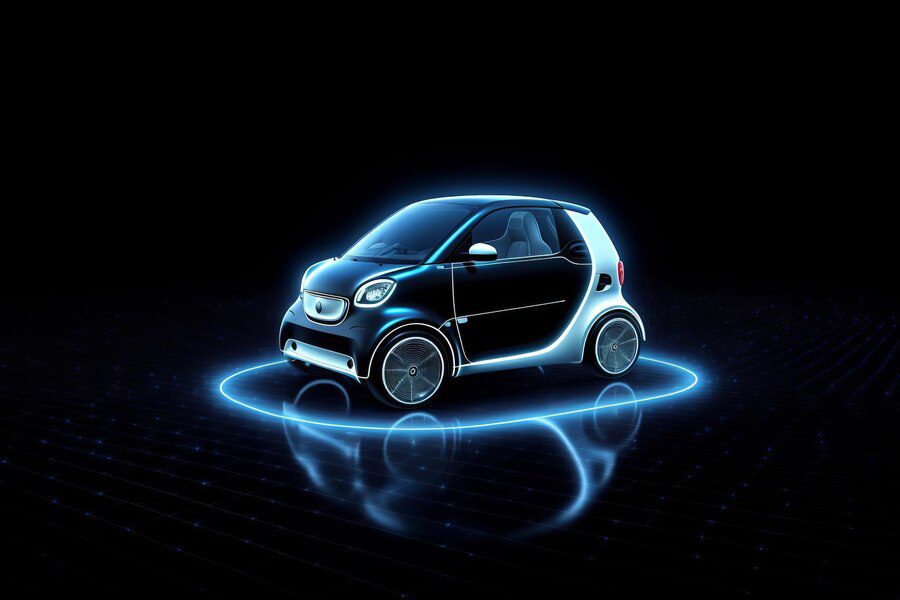
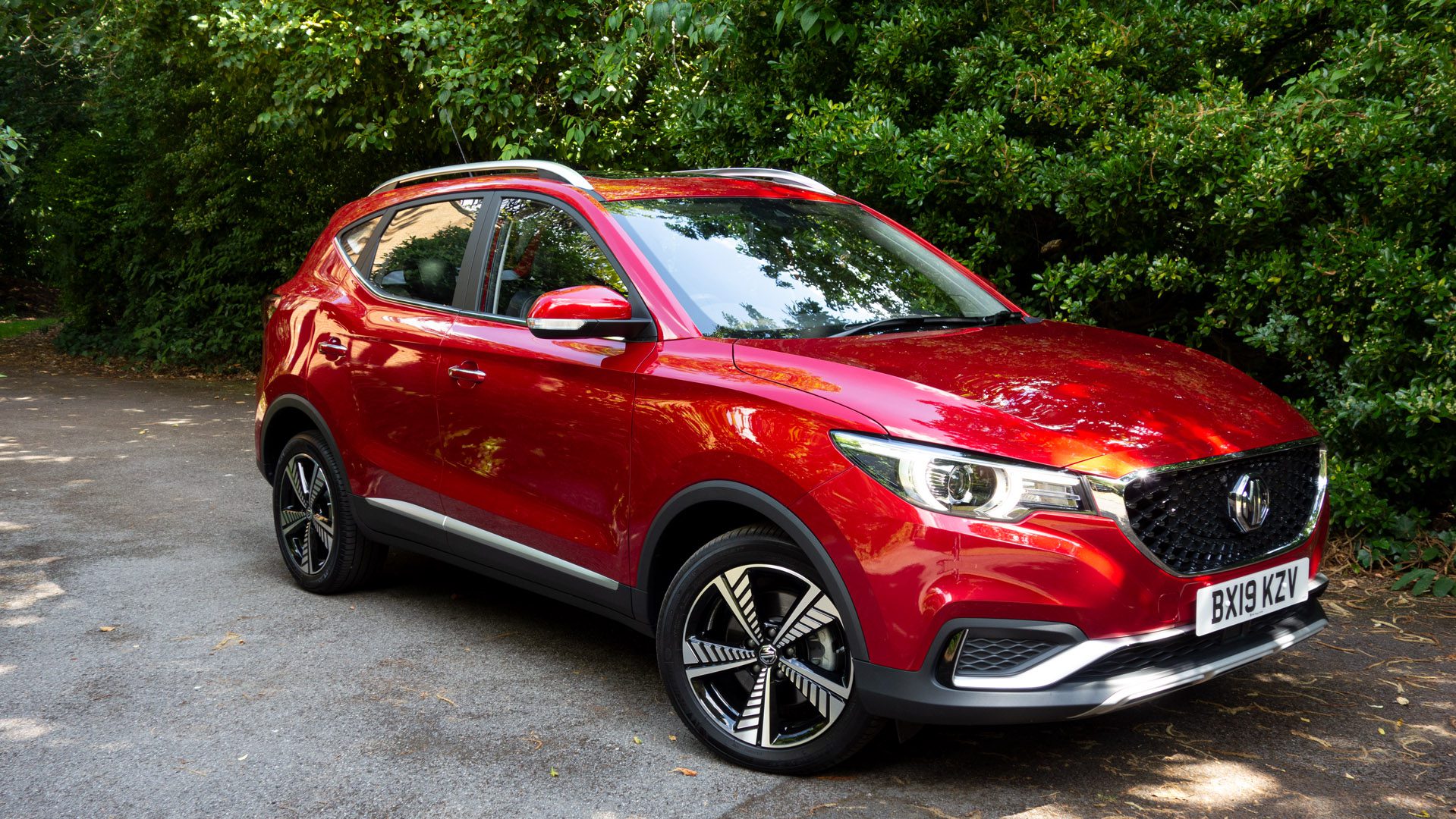





Leave feedback about this